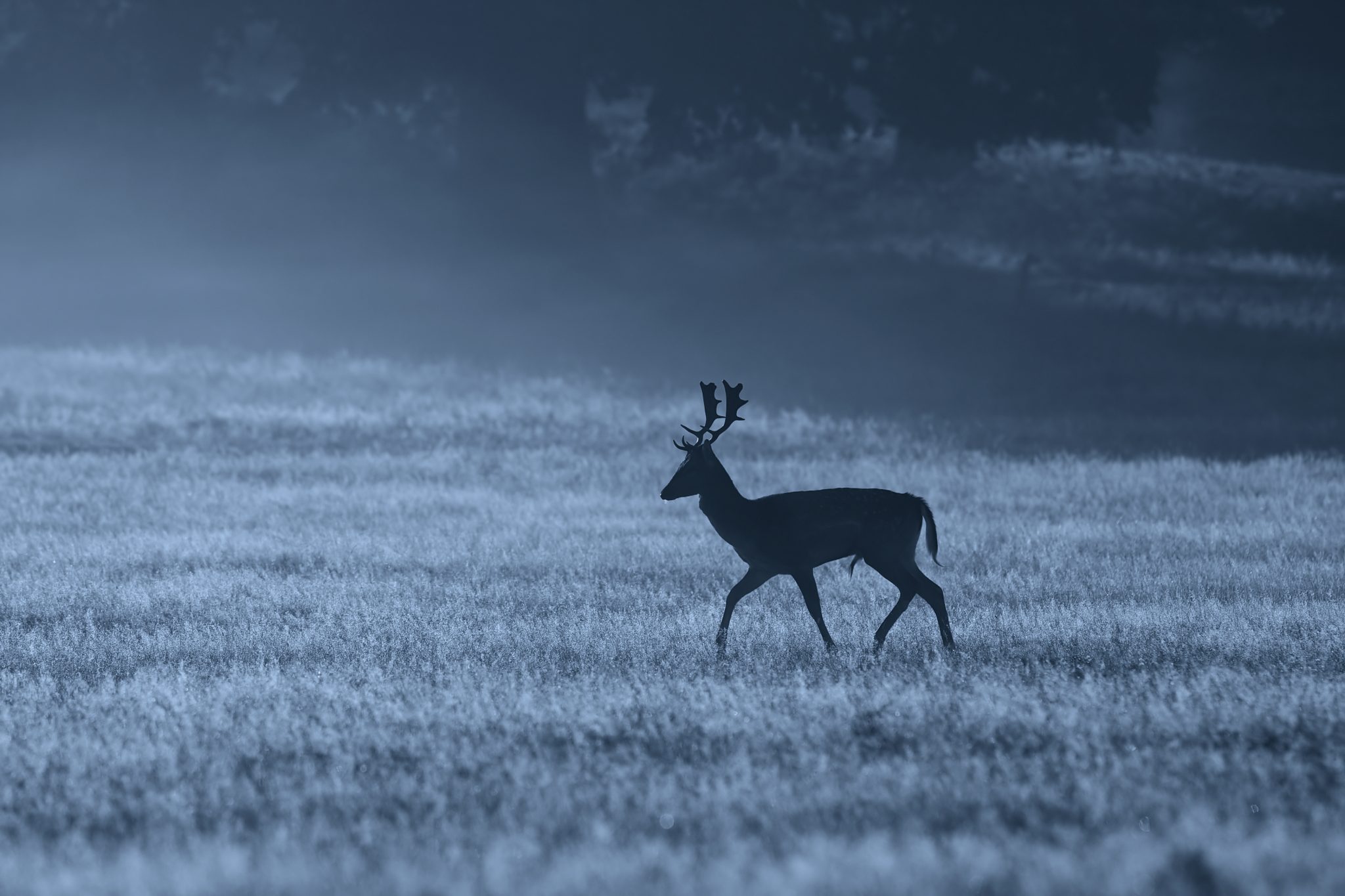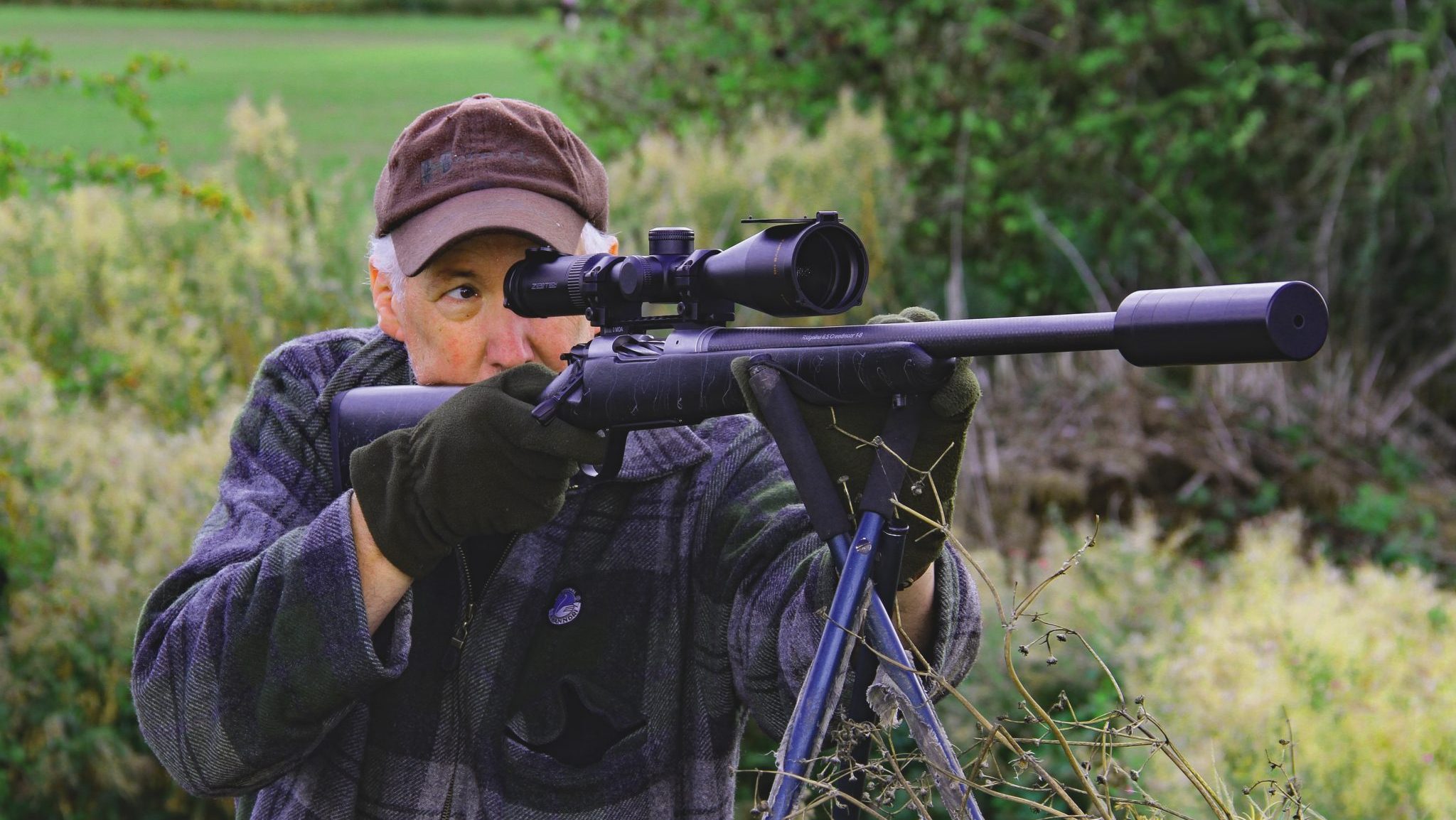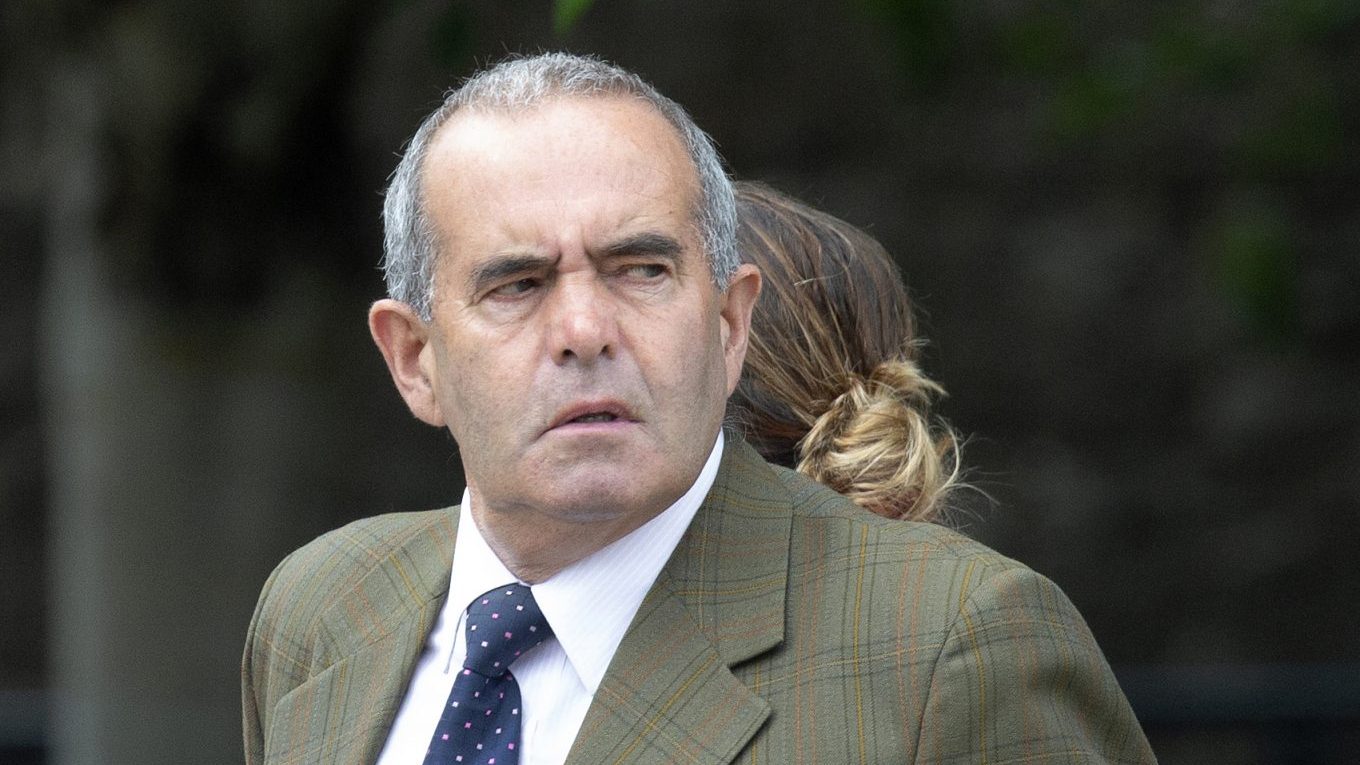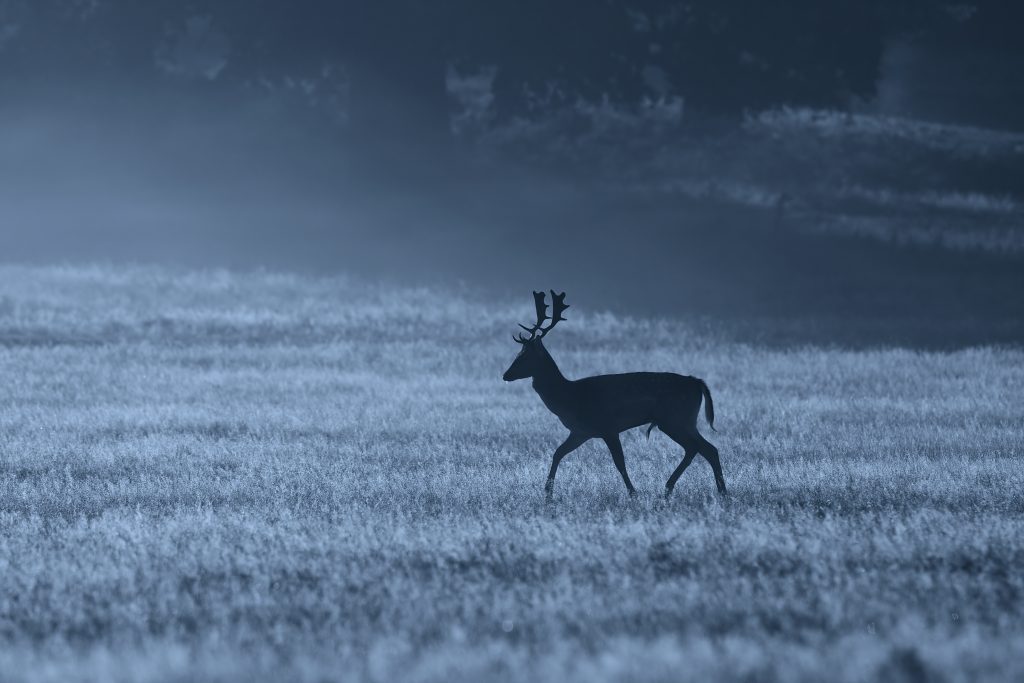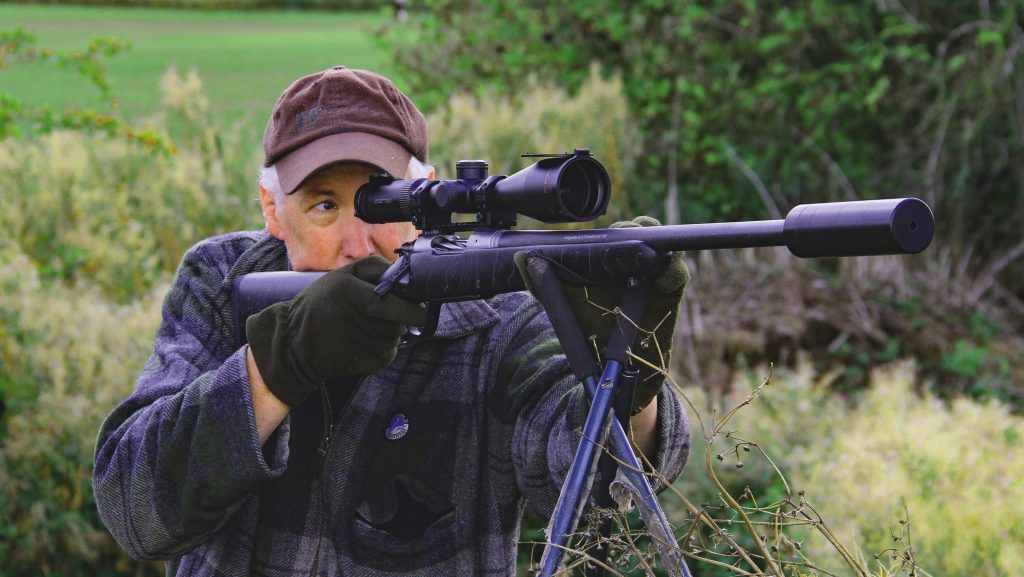★ Win a Schöffel Country shooting coat for everyone in your syndicate worth up to £6,000! Enter here ★
Countryside ‘racism’ research under fire
Is the countryside really racist? Government data and ethnic minority shooters challenge damning claims from Leicester University
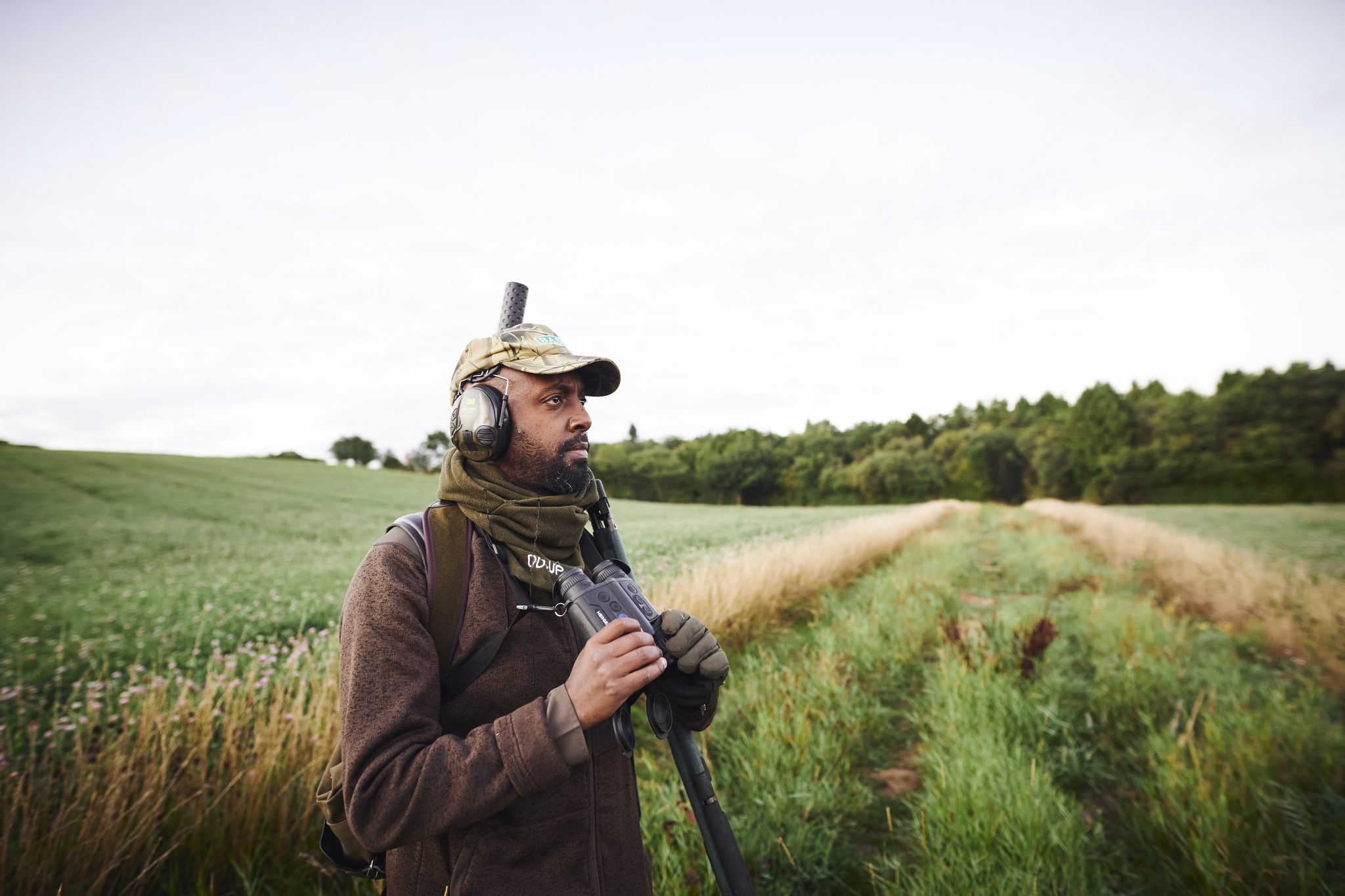 Dr Al Gabriel, credit: Oli Lees
Dr Al Gabriel, credit: Oli Lees
Ethnic minority fieldsports enthusiasts have spoken out in defence of the countryside, fighting back against a new University of Leicester study that paints a damning picture of racism in rural England.
The university’s Rural Racism Project is designed “to challenge the dominant depictions of rural England as peaceful, neutral and apolitical”. It asserts that the countryside is plagued by hostility towards ethnic minorities.
Relying on a combination of interviews and informal conversations, researchers claim to describe what rural racism looks like. They point to it being a “predominantly white space” and claim that other aspects, such as “pub culture”, make people of colour feel they don’t belong.
Countryside Alliance fights back
After purportedly having its contributions to the research ignored, the Countryside Alliance’s Tim Bonner wrote a scathing review in a Telegraph column. He criticised the research for “avoid[ing] anything that might conceivably be described as an objective statistic”.
The study cited 98,799 race hate crimes recorded by police in 2024. However, it didn’t reference the breakdown by police force area, which Mr Bonner claimed shows “an almost perfect inverse relationship between rurality and racial incidents”.
Minority shooters stand with the countryside
More damaging to the Leicester findings are testimonies from ethnic minority shooting community members, shared with Shooting Times.
Al Gabriel, Nicole Moore and Leon Challis-Davies each described welcoming, inclusive rural and shooting communities that bear no resemblance to the research findings.
BASC Councillor Dr Gabriel said: “Having not personally experienced racism in the countryside, I find the notion that rural communities are inherently racist to be a significant stretch, especially when compared to documented issues in urban centres.”
He was particularly critical of the methodology: “A study based on a handful of informal conversations hardly qualifies as empirical evidence.”
Fieldsports blogger Ms Moore, also known as “Shooting Girl with an Afro“, was equally emphatic: “I have never come across racism from anyone in the fieldsports community, and not really in the countryside community either.” She explained that whilst rural curiosity exists, “if I walk into a very rural country pub, of course I get stared at, but I never feel threatened. It’s always that ‘oh, that’s new’.”
Ms Moore also questioned why researchers rather than rural minorities receive funding: “Why aren’t we, those of us who are of colour that live and work in the countryside, offered funding to help get more of our people of colour into the countryside?”
Perceptions of the countryside matter
Eat Wild’s culinary director Mr Challis-Davies acknowledged his experience isn’t universal. Whilst he didn’t want to dismiss voices of people who have felt excluded, he said he “hasn’t experienced [the] kind of hostility described in the report”.
Mr Challis-Davies emphasised the importance of talking openly about perceptions: “If the countryside is seen as unwelcoming by some, then that perception matters. It’s in everyone’s interests to make the rural space accessible whether through shooting, farming or just being outdoors.”
Did you like this article? Read more news from ShootingUK, or subscribe to Shooting Times & Country magazine.
Related Articles
Get the latest news delivered direct to your door
Subscribe to Shooting Times & Country
Discover the ultimate companion for field sports enthusiasts with Shooting Times & Country Magazine, the UK’s leading weekly publication that has been at the forefront of shooting culture since 1882. Subscribers gain access to expert tips, comprehensive gear reviews, seasonal advice and a vibrant community of like-minded shooters.
Save on shop price when you subscribe with weekly issues featuring in-depth articles on gundog training, exclusive member offers and access to the digital back issue library. A Shooting Times & Country subscription is more than a magazine, don’t just read about the countryside; immerse yourself in its most authoritative and engaging publication.



